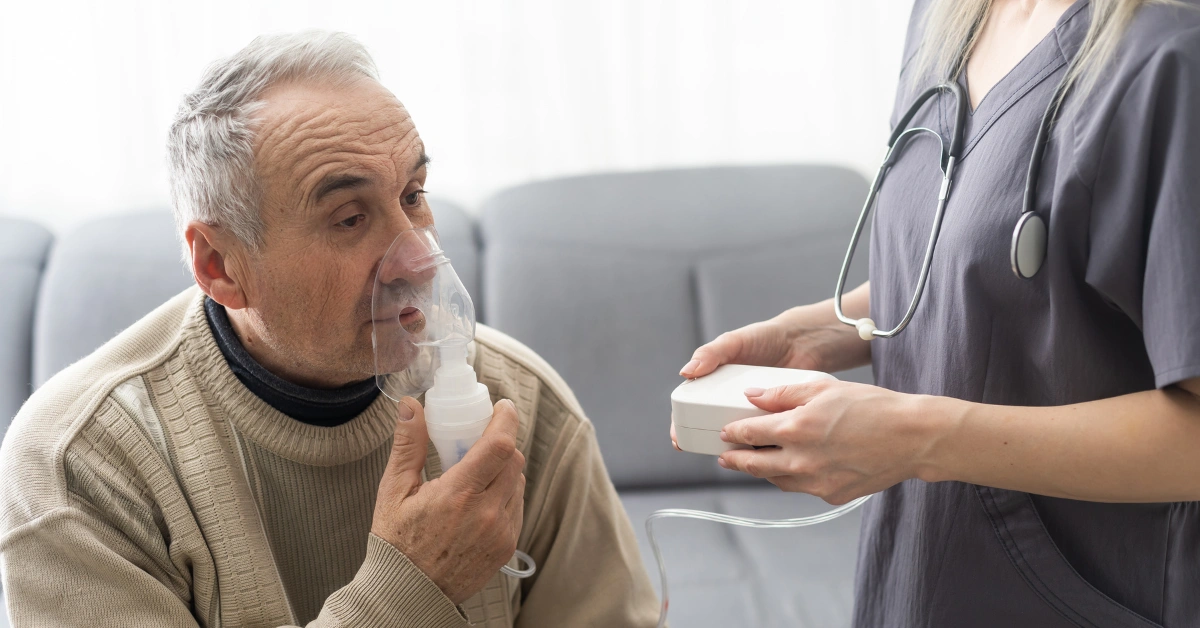Case mix is essential in skilled nursing facilities as it impacts both reimbursement and the care provided. Two key programs that significantly impact case mix scores when properly implemented and documented are Respiratory Therapy and Restorative Nursing. Both programs offer substantial benefits to residents and facilities alike by ensuring accurate reimbursement and enhancing resident outcomes.
Respiratory Therapy Programs
Respiratory therapy is vital for residents with respiratory deficiencies and chronic conditions such as COPD and asthma. It can also be used in cases of acute respiratory difficulty, as noted in the RAI Manual. Respiratory therapy programs not only support long-term conditions, but also serve residents who experience sudden breathing challenges.
Key Elements
-
- Qualified Providers: According to the RAI Manual, only services provided by a trained respiratory therapist or nurses who meet specific state criteria can be recorded in the MDS. This distinction is imperative; nurses must meet certain training standards to provide respiratory therapy, ensuring the quality and accuracy of care.
- Documentation: Proper recording of the care provided – including time spent on evaluations, treatments, and equipment management – is crucial for optimizing reimbursement and reflecting the actual care provided.
- Exclusions: Self-administered treatments without supervision, such as using inhalers without staff oversight, are not eligible for inclusion in the MDS.
Restorative Nursing Programs
Restorative nursing programs help maintain or improve a resident’s physical abilities. These programs must be well-documented, have measurable goals, and be supervised by licensed nurses. Proper documentation ensures the facility captures the care provided in the case mix index, which directly impacts reimbursement. Restorative programs can include activities like walking and range of motion exercises, which help maintain or improve residents’ abilities.
Key Elements
-
- Documentation: Restorative programs must have clear goals and interventions listed in the resident’s care plan.
- Training: Nursing aides must be appropriately trained to engage and support residents in restorative activities.
- Supervision: Licensed nurses must oversee all restorative nursing programs to ensure proper implementation and documentation.
- Group Limits: Programs involving group activities, such as walking or range of motion exercises, should not exceed four residents per caregiver, to ensure individualized attention and safety.
Importance of Documentation
Proper documentation is key for both respiratory therapy and restorative nursing programs. Detailed and accurate recording of care ensures that the facility is reimbursed correctly, reflecting the acuity of the care provided. This documentation not only ensures compliance with CMS regulations, but also supports the facility in maintaining optimal financial sustainability.
